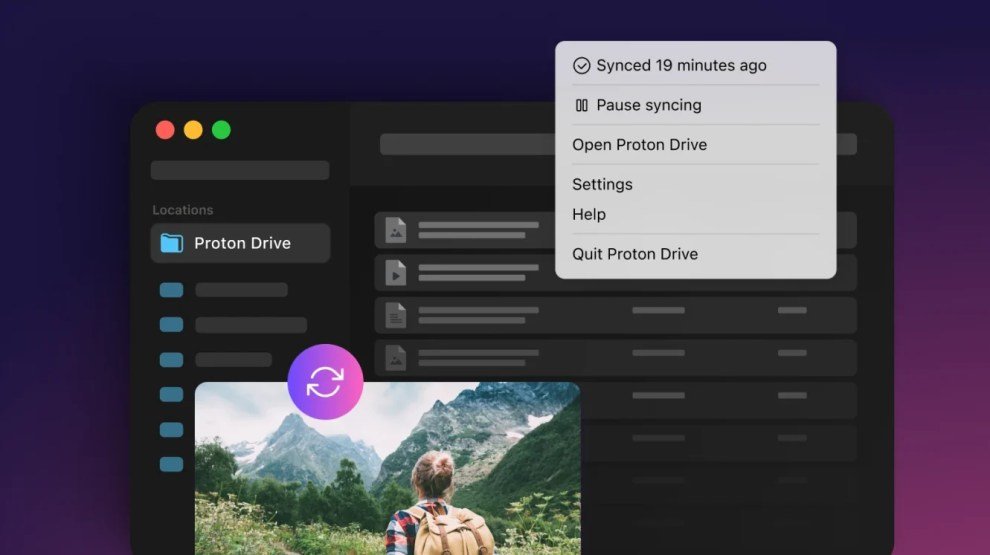Proton Drive encrypted cloud storage service arrives on Mac. Four months after it debuted on Windows, the Swiss privacy-focused startup Proton has now made its end-to-end encrypted (E2EE) cloud storage service available to Mac users.
Since its founding some nine years ago, Proton has grown to include VPNs, a password manager, calendars, and, yes, cloud storage, in addition to its primary Gmail substitute, Proton Mail.
Following the launch of Proton Drive on the web in September of last year, native mobile applications for iOS and Windows were released in December and July, respectively. With the release of today’s news, Proton Drive has effectively become fully cross-platform, enabling users to synchronize their data across all their devices.
Proton Drive is a component of Proton’s larger strategy to launch safe, private Google substitute goods. Or, maybe more appropriately for most Mac users, an iCloud substitute from Apple.
While Apple recently introduced end-to-end encryption for certain types of data on iCloud, users must actively enable it. Proton Drive provides complete encryption for files and folders by default. Proton Drive, on the other hand, claims that complete encryption is used by default for all data, including file names and metadata.
Proton Drive comes pre-installed with 1GB of storage. Paid subscriptions are also available, with 200GB of storage and other features, such as the option to automatically preserve older versions of files for up to 10 years, beginning at $4/month.
Proton Drive for Mac now only synchronizes files saved in the Proton Drive folder to the cloud. However, the company claims to be working on enabling synchronization for any local folder.
Furthermore, the Proton Drive Mac program isn’t currently open source, but the firm promises that this will change eventually. Over the years, Proton has made most of its products open source, enabling other parties, including security experts, to examine the underlying code.
Additionally, Proton has already stated that, although it is on its long-term agenda, it will ultimately happen for Linux users.



































